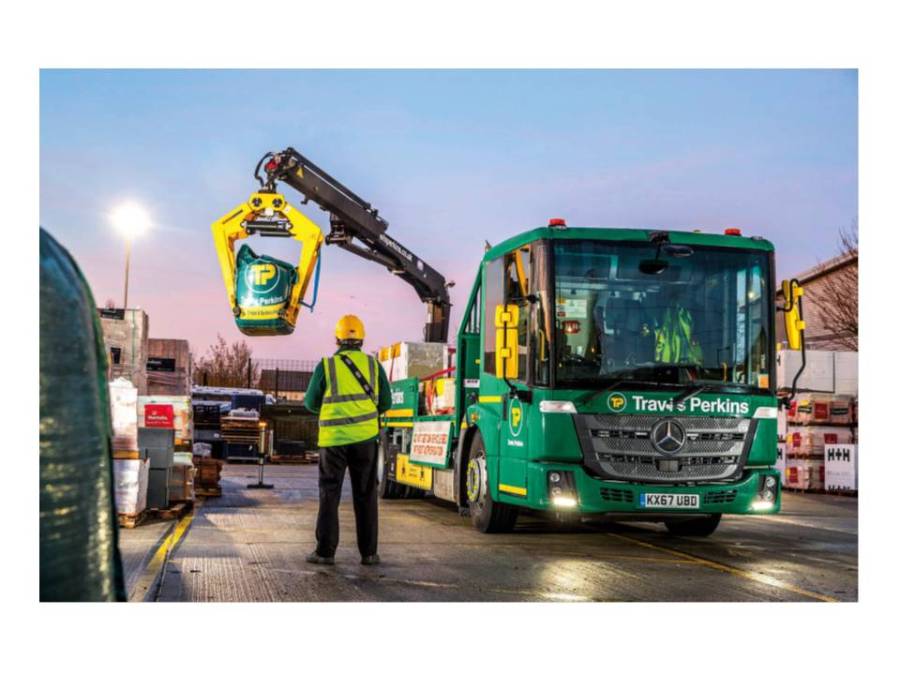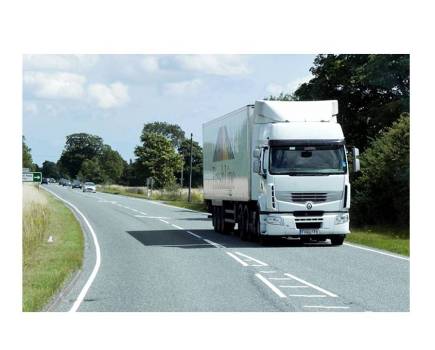All HGV drivers will be aware their DCPC needs regular refreshing, but what is the best way to ensure the training is worthwhile and not just a pointless box-ticking exercise?
The Driver Certificate of Professional Competence (DCPC) continues to divide opinion. But whether you agree with it or not, we are stuck with it.
Even after Brexit (when or if that finally happens), the UK will be sticking with the requirement for the DCPC, unless there is any major policy shift – and no one can see that happening.
The basics are that an LGV driver undertaking hire and reward or own- account driving must undertake 35 hours (five blocks of seven hours) of DCPC training every five years.
Some drivers do the five modules en masse and renew their qualification in one go.
Others, having got their initial 35 hours under their belts, opt to do one module a year so they will always have five current and valid modules, so do not have to stop from their driving too often to return to the classroom.
DCPC: The pros
The concept of the DCPC is actually a good one. No matter how experienced a driver you are (or think you are), good- quality periodic training is always beneficial.
The industry changes rapidly and new legislation, better operating practices and new vehicles are constantly being introduced.
But the key word here is quality. All too often, DCPC training has been offered which is poor or sub-standard.
There is also the ease at which it can be manipulated.
Unscrupulous ‘trainers’ can get qualified to teach DCPC and then simply charge people to say they have attended the courses, sign off the paperwork and a DCPC will be issued – in some case, when no actual training has taken place.
It’s cheaper and, some would argue, the same as doing repeat courses, but it is illegal and ultimately pointless.
Other trainers simply don’t put the effort in with their customers and repeat the same module time after time.
And that is the flaw of the DCPC system – you can do the same module more than once. In fact, you could even do it five times and still claim your 35 hours’ training.
We did our DCPC training back in 2014 and as we self-funded it, we naturally went for the cheapest in our area.
We got what we paid for. We didn’t realise it was possible to do the same module more than once, so ended up spending five days doing one module twice and another three times.
Our heart sank when we arrived for the final day, saw it was something we’d done twice already, and the result was we sat in a classroom not paying any attention.
That wasted our time – and money – and offered no benefit. It wasn’t even a very good module and it wasn’t well presented.
There were people on our course who could not speak English – so what benefit did they get from it? None, other than ticking the box and getting the qualification at the end of it.
Next deadline
The original deadline for DCPC was late 2014, so understandably many drivers are now rushing to do their next block of training to get it signed off by late 2019 in order to stay qualified.
Every professional driver should make a point of seeking out the best training they can find. The DCPC does have its flaws and they need to be addressed – and perhaps the best way to start would be add a rule that says you must undertake five different modules.
This should benefit drivers no end.
We’ve spoken to many drivers – especially the older hands – who think there’s nothing more they can be taught about driving.
But driving a truck is not just being able to back onto a loading bay, negotiating roundabouts or coupling a trailer.
If we as an industry want our drivers to be treated with more respect, then it will only come with better training.
Being a truck driver is so much more than just putting it in gear, taking the handbrake off and pressing the accelerator.
Take customer service skills.You are an ambassador to the company that employs you and, if it’s different, the customer employing you or whose livery is on your truck. There are health and safety skills to learn as well.
Many drivers might think this subject is a bit draconian (and occasionally it is), but educating drivers to understand why some safety systems or policies are in place may help them grasp the reasonings behind them that much better.






